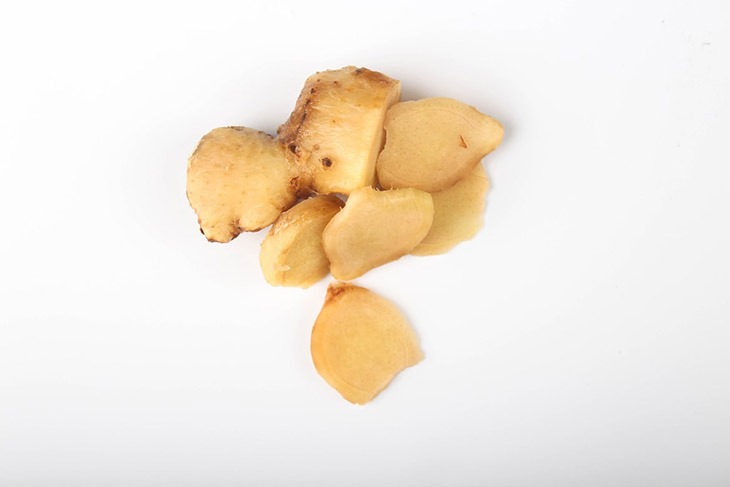
We’ve all felt uncontrollable nausea at some point in our lives. Your initial reaction may be to turn to over-the-counter drugs during these times; nevertheless, ginger acts as a simple, efficient antidote. Ginger has been treasured as a food and medicine by Arabic, Indian, and Asian physicians for thousands of years. This tropical plant, which belongs to the same botanical family as turmeric and cardamom, was used to treat nausea and vomiting induced by illness and seasickness. The spice trade helped spread the tradition throughout Europe. “Ginger does good for a sour stomach,” according to one sixteenth-century physician. In The Family Herbal from 1814, English physician Robert Thornton observed that “two or three cupfuls for breakfast” may ease “dyspepsia due to strong drinking.” Modern research has since established that ginger lowers nausea and vomiting caused by a variety of factors, including morning sickness, postoperative distress, chemotherapy treatments, and motion sickness. The research on whether ginger prevents motion sickness is conflicting. In one trial, ginger was found to be equally effective as dimenhydrinate while having less negative effects (Dramamine). Other studies show that when used with anti-nausea drugs, it lowers nausea and vomiting caused by chemotherapy. While the most well-studied application of ginger is for nausea and vomiting, studies have revealed that ginger is a multi-faceted cure.
Continue reading to learn about the health advantages of this amazing plant.
1. Contains Gingerol
Gingerols are the phenolic chemicals found in ginger (Zingiber officinale Roscoe, Zingiberaceae). Gingerols are the most prevalent pungent chemicals in fresh roots, and ginger contains many gingerols with varying chain lengths, the most abundant of which is 6-gingerol. These substances have antioxidant and anti-inflammatory properties. 6-Gingerol, a pungent ginger component, has a wide range of pharmacologic actions. 6-Gingerol has been studied in the DDS-colitis murine model. 6-gingerol was found to be effective against this colitis in two different studies. One study linked anti colitis activity to adenosine monophosphate-activated protein kinase (AMPK) activation. Individuals with heart disease or high blood pressure may benefit more from fresh ginger than dried ginger. This recommendation is based not just on the fact that gingerol is the more potent cardiotonic, but also on animal research showing that shogaol raises blood pressure. Gingerol is mostly present in fresh ginger, but shogaol is only seldom detected in dried ginger. Ginger has been used to treat stomach problems, nausea, and diarrhea since the fourth century BC. Ginger has also been used as a carminative, stimulant of appetite, and choleretic. Ginger can enhance gastrointestinal motility while also acting as an antispasmodic. It has been used to treat motion sickness and other types of nausea and vomiting, and it may be effective in some cases, such as pregnancy-related nausea and vomiting and postoperative nausea and vomiting. The results of research on its usage in the treatment of nausea and vomiting after cancer chemotherapy have been mixed.



